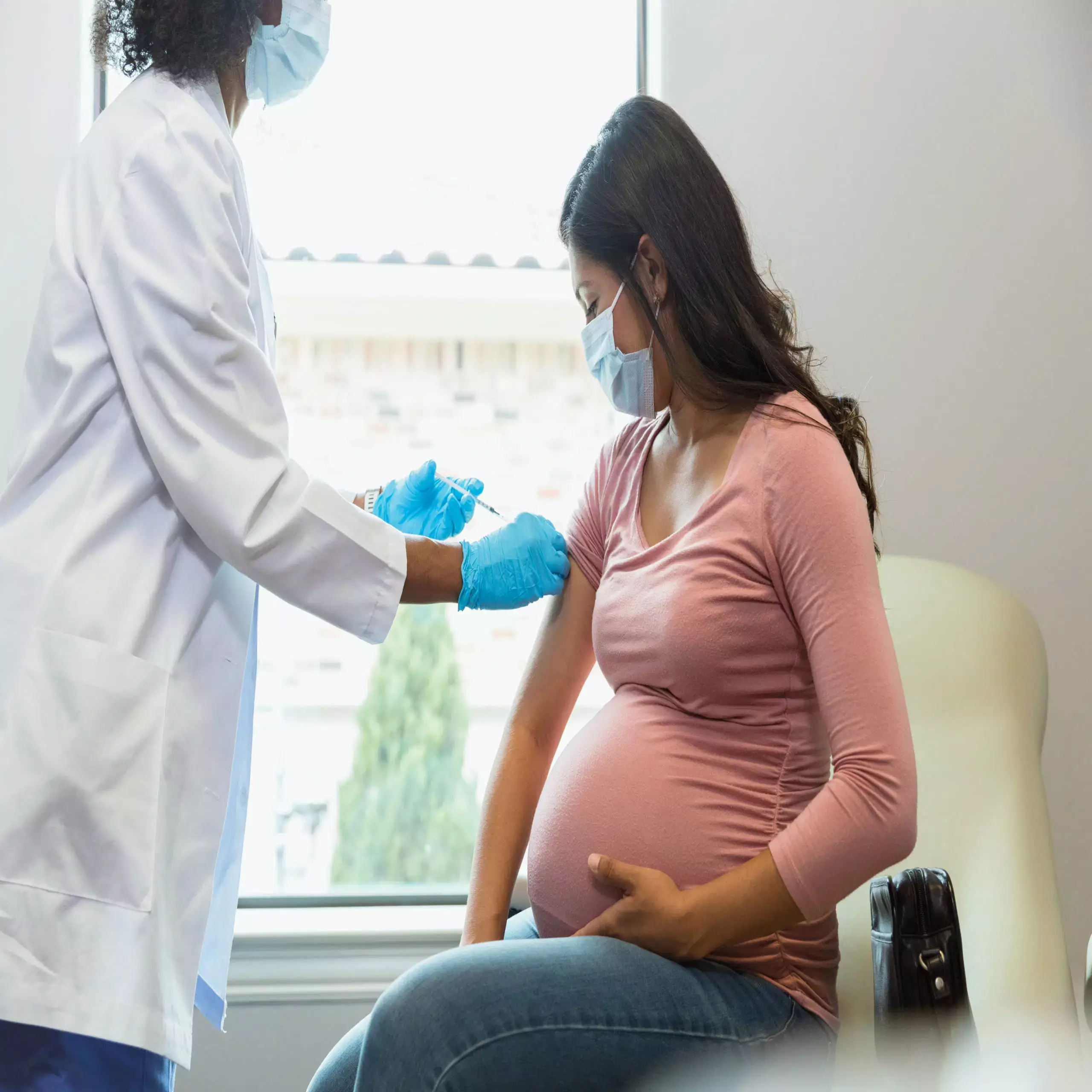The COVID-19 pandemic has undeniably altered the landscape of public health, with vaccines emerging as a key tool in combating the virus. For pregnant women, the need for vaccination is not simply a matter of personal choice; it’s an essential measure to safeguard both their health and the well-being of their unborn children. The scientific community increasingly advocates for the immediate administration of the COVID-19 vaccine to pregnant individuals, highlighting its importance in providing significant protection against severe illnesses caused by the virus.
Research from esteemed institutions like Massachusetts General Hospital has unveiled the compelling benefits of maternal vaccination. The transmission of protective antibodies from vaccinated mothers to their infants can last up to six months, offering an invaluable defense during a critical time. These findings underscore the urgent necessity for pregnant individuals to not only be vaccinated but to fully understand the profound implications of their decisions on the health of their babies.
Vaccine Availability and Community Access
In the United States, accessing COVID-19 vaccines is a straightforward endeavor. The vaccines are widely available and free of charge to all residents, further simplifying the path to vaccination. Websites like vaccines.gov make it easy to locate nearby vaccine providers, removing barriers that might discourage individuals from getting vaccinated. As communities strive to recover from the pandemic, ensuring that pregnant individuals and those planning to conceive are informed and vaccinated should be a top priority for public health organizations.
Given the existing challenges in developing a vaccine for infants under six months, the responsibility rests heavily on expectant mothers. Acquiring the vaccine not only protects them but also fortifies their infants during their first vulnerable months. This proactive approach should be encouraged among healthcare providers, emphasizing the importance of vaccination and providing resources for easy access.
Understanding Vaccine Efficacy in Pregnancy
The Centers for Disease Control and Prevention (CDC) and The American College of Obstetricians and Gynecologists (ACOG) both advocate for immediate vaccination in pregnant individuals, irrespective of the trimester. Current studies highlight an alarming statistic: only 67% of pregnant women in the U.S. have received the vaccine. This data serves as a wake-up call—there is a pressing need for targeted outreach and education to prevent potential hospitalizations and severe outcomes related to COVID-19.
The recent findings published in The Journal of the American Medical Association offer compelling insights into the notion of timing for vaccination during pregnancy. Antibody levels, which can be crucial for infant protection, nearly double when the mother is vaccinated between weeks 20 and 32 of her pregnancy. This specific timeframe is critical because it correlates with peak antibody transfer through the placenta, marking it as an optimal period for vaccination.
The Dual Benefit of Maternal Vaccination
The dual benefit of providing mothers with immunity while simultaneously offering their infants protection cannot be overstated. Studies reveal that infants born to vaccinated mothers exhibit significantly higher levels of protective antibodies than those whose mothers were either unvaccinated or infected with COVID-19. Importantly, infants of vaccinated mothers were found to be 61% less likely to be hospitalized from COVID-related issues, emphasizing the concrete benefits of maternal vaccination.
Moreover, it is significant to note that the timing of vaccination can influence antibody efficacy. Mothers who managed to complete their vaccination prior to giving birth saw a far more robust protective response compared to those vaccinated later or only partially vaccinated. This framework should serve as a guide for future recommendations regarding vaccination schedules during pregnancy.
As we navigate the post-pandemic world, it is imperative that the conversation surrounding COVID-19 vaccination during pregnancy gains momentum. Health officials, caregivers, and communities must work together to promote vaccination as a non-negotiable part of prenatal care. With the ongoing development of COVID-19 vaccines specifically for infants still on the horizon, reinforcing maternal immunity stands as an essential determinant in protecting our youngest population from this virus.
As new mothers strive to give life, empowering them with the knowledge and availability of vaccines is crucial in building a healthier future for their children. The protective shield offered through maternal vaccination lays the groundwork not only for the health of infants in their critical early months but also reflects a broader commitment to public health amid a still-pressing crisis. In this way, the choice to vaccinate transcends personal health; it evolves into a vital act of care, resilience, and hope for all families in these uncertain times.

